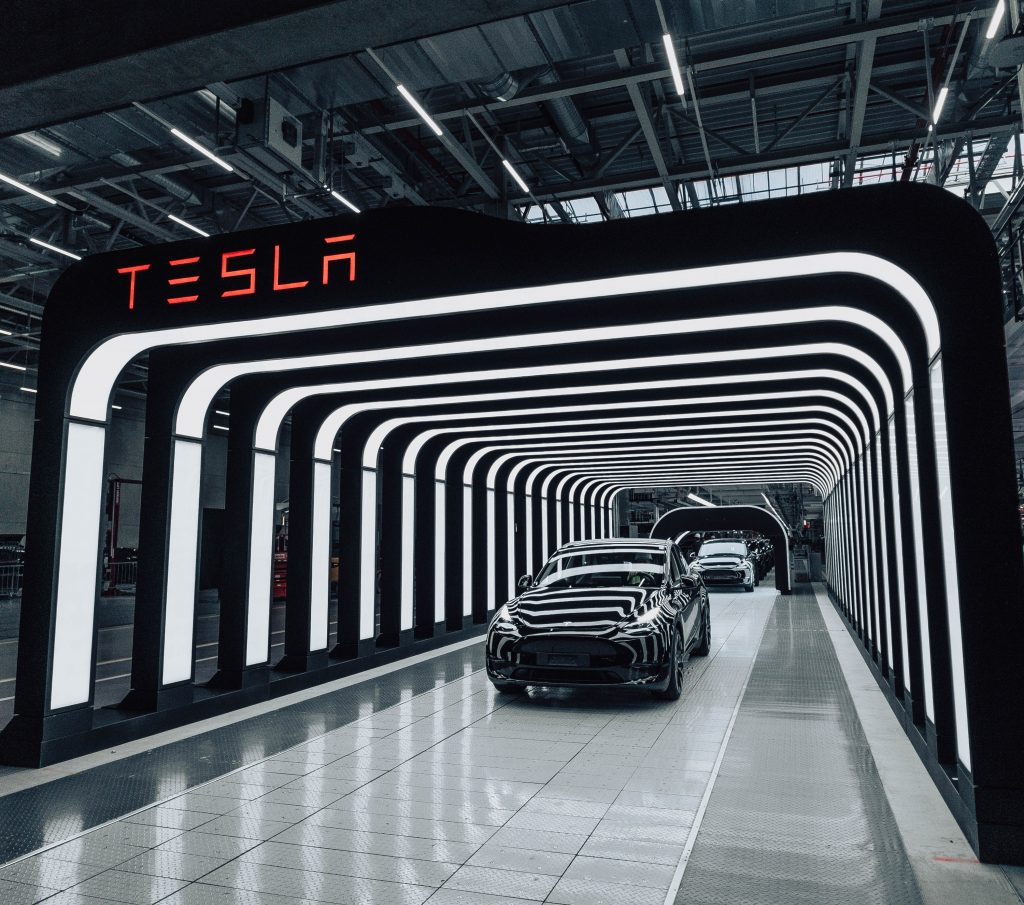Tesla delivered a record 1.3m vehicles last year, which is 40% more than the previous year’s tally, the American EV giant said in its most recent quarterly financial statement.
The result fell short of the company’s own forecast, which led to a debate on social media with mixed views on the results.
In 2020, Tesla delivered 500,000 cars and Elon Musk said that deliveries will grow 50% every year, meaning 1.13 deliveries in 2022, wrote one twitter user arguing the company beat its own forecast by 180,000 units. Others countered the argument, saying the comparison should be made with the previous year, in which case the company fell short of its forecast.
The company delivered over 405,000 vehicles in the last quarter of 2022, the company said, with 439,000 units produced in the quarter, translating to year-over-year growth of 47%.
“We continued to transition towards a more even regional mix of vehicle builds which again led to a further increase in cars in transit at the end of the [fourth] quarter,” Tesla said.
However, weak demand, rising interest rates and an economic contraction are likely to put the auto sector under pressure this year.
Tesla's shares dropped 65% last year in what was its worst year since going public in 2010 as investors worried about disruptions to production, concerns over a slowdown in demand and Elon Musk's focus on Twtter, BBC said in a report.
According to the BBC, authorities in South Korea said they would fine Tesla $2.2m for failing to tell its customers about the shorter driving range of its electric vehicles in low temperatures.
The Korea Fair Trade Commission said the company had exaggerated the “driving ranges of its cars on a single charge, their fuel cost-effectiveness compared to gasoline vehicles as well as the performance of its Superchargers”, the report said, adding Tesla did not immediately respond to its request for comment.
Going into 2023, Tesla also faces competition from traditional motor manufacturing giants such as Ford and General Motors, as well as newer entrants to the market like Rivian and Lucid in the US and China's BYD and Nio.
